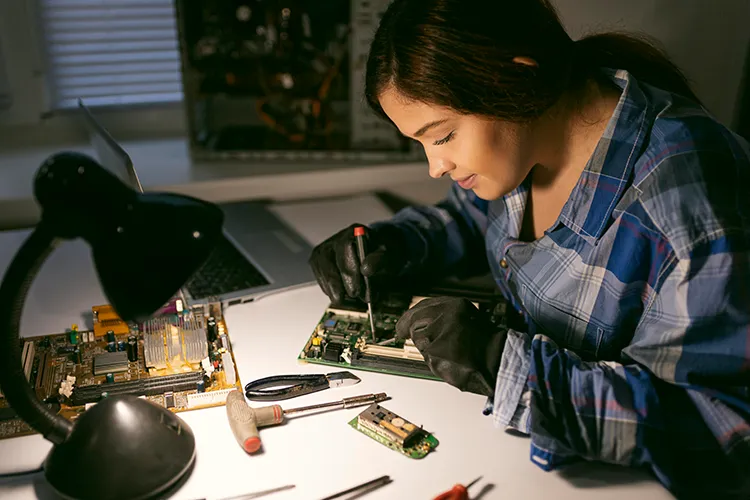Unlocking Your Learning Potential in Vocational Training
Embarking on vocational training is an exciting step towards a fulfilling career, but understanding the psychology behind how you learn can dramatically enhance your educational experience. This blog explores different learning styles, the role of motivation, and effective strategies to maximize your learning in technical subjects, ensuring you’re well-prepared for success in the workforce.
Learning Styles and Their Impact
Everyone has a unique way of learning, and recognizing your personal style can significantly improve how you absorb information. Here are the most common learning styles:
- Visual Learners: Prefer using pictures, images, and spatial understanding.
- Auditory Learners: Learn best through listening to lectures, discussions, and recordings.
- Kinesthetic Learners: Benefit from hands-on approaches and physical activities.
By tailoring your study methods to your learning style, you can grasp complex concepts more quickly and retain information more effectively.
The Role of Motivation in Learning
Motivation is a powerful driver that affects your enthusiasm and perseverance in learning new skills. It can be:
- Intrinsic: Driven by internal desire and personal satisfaction in mastering a subject.
- Extrinsic: Fueled by external rewards, such as earning a certificate or securing a job promotion.
Understanding what motivates you can help tailor your learning journey to be both enjoyable and rewarding, pushing you to achieve your educational goals.
Cognitive Strategies for Technical Subjects
Developing effective cognitive strategies is crucial for mastering technical subjects. Focus on:
- Active Learning: Engage actively by asking questions and applying concepts in practical settings.
- Mnemonics: Use memory aids to remember complex information more easily.
- Problem-Solving: Practice solving real-world problems that require technical skills.
Overcoming Learning Barriers
Barriers to learning can arise at any point, but they can be managed and overcome with the right strategies:
- Identify Challenges: Acknowledge and define the obstacles you face, whether they are conceptual misunderstandings or external distractions.
- Seek Help: Don’t hesitate to reach out for help from instructors or peers when stuck.
- Adjust Approaches: Be flexible in your learning methods; if one approach isn’t working, try another.
Continuous Learning Mindset
Adopting a continuous learning mindset ensures you remain valuable in any professional field:
- Stay Curious: Always be on the lookout for new things to learn.
- Embrace Challenges: View challenges as opportunities to grow and improve your skills.
- Reflect Regularly: Take time to reflect on what you’ve learned and how you can apply it in your career.
Empower Your Vocational Journey at LARE Institute
At LARE Institute, we’re committed to supporting your educational and career aspirations with a robust array of programs designed to enhance your learning experience and employability. Whether you’re just starting out or looking to upgrade your skills, we offer tailored guidance and resources to help you succeed. Contact us today to learn more about our programs, schedule a meeting with a case manager, or register for a class. Let us help you accelerate your career and transform your life.

